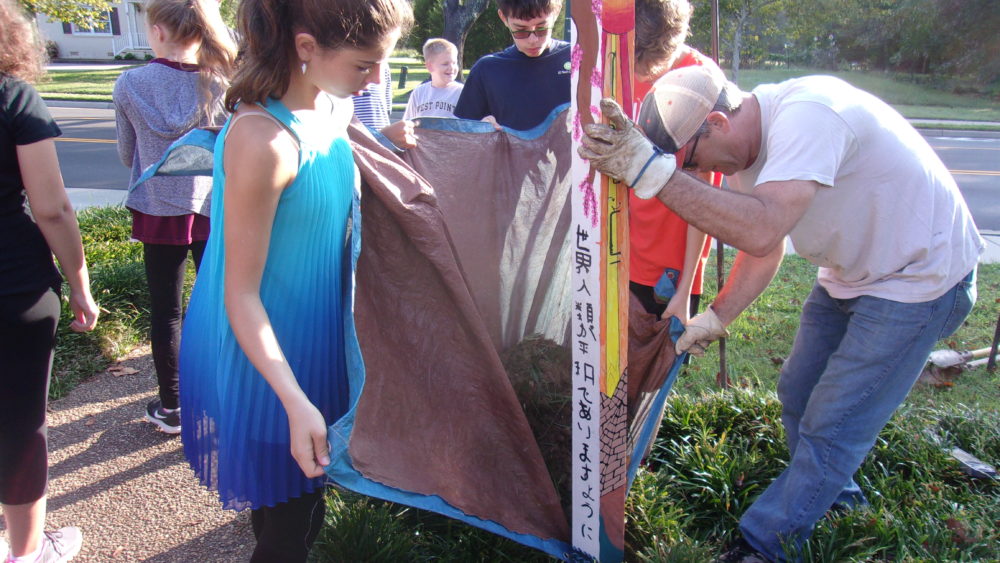Montessori education is often associated with early childhood education, but it can also be incredibly beneficial for teenagers. Developed by Italian physician and educator, Maria Montessori, the Montessori method emphasizes student-centered learning, individualized instruction, and hands-on, experiential learning.
For teenagers, Montessori education can be particularly advantageous. The method encourages students to take ownership of their own learning, promoting independence and self-direction. This can be especially important for teenagers, who are navigating the transition from childhood to adulthood.
In a Montessori classroom, students are given the freedom to choose their own projects and pace of learning. This not only promotes autonomy, but also allows teenagers to explore their own interests and passions. By following their own interests, teenagers are more likely to be engaged and invested in their learning, leading to better academic outcomes and a deeper love of learning.
In addition, the Montessori method emphasizes a holistic approach to education, with an emphasis on social and emotional development. This is particularly important for teenagers, who are grappling with complex social and emotional issues as they navigate adolescence. By prioritizing social and emotional development, Montessori education can help teenagers develop the skills and resilience they need to navigate these challenges.
Overall, Montessori education offers a unique approach to education that can be incredibly beneficial for teenagers. By promoting independence, individualized learning, and social and emotional development, Montessori education can help teenagers develop the skills and qualities they need to thrive both in school and in life.



